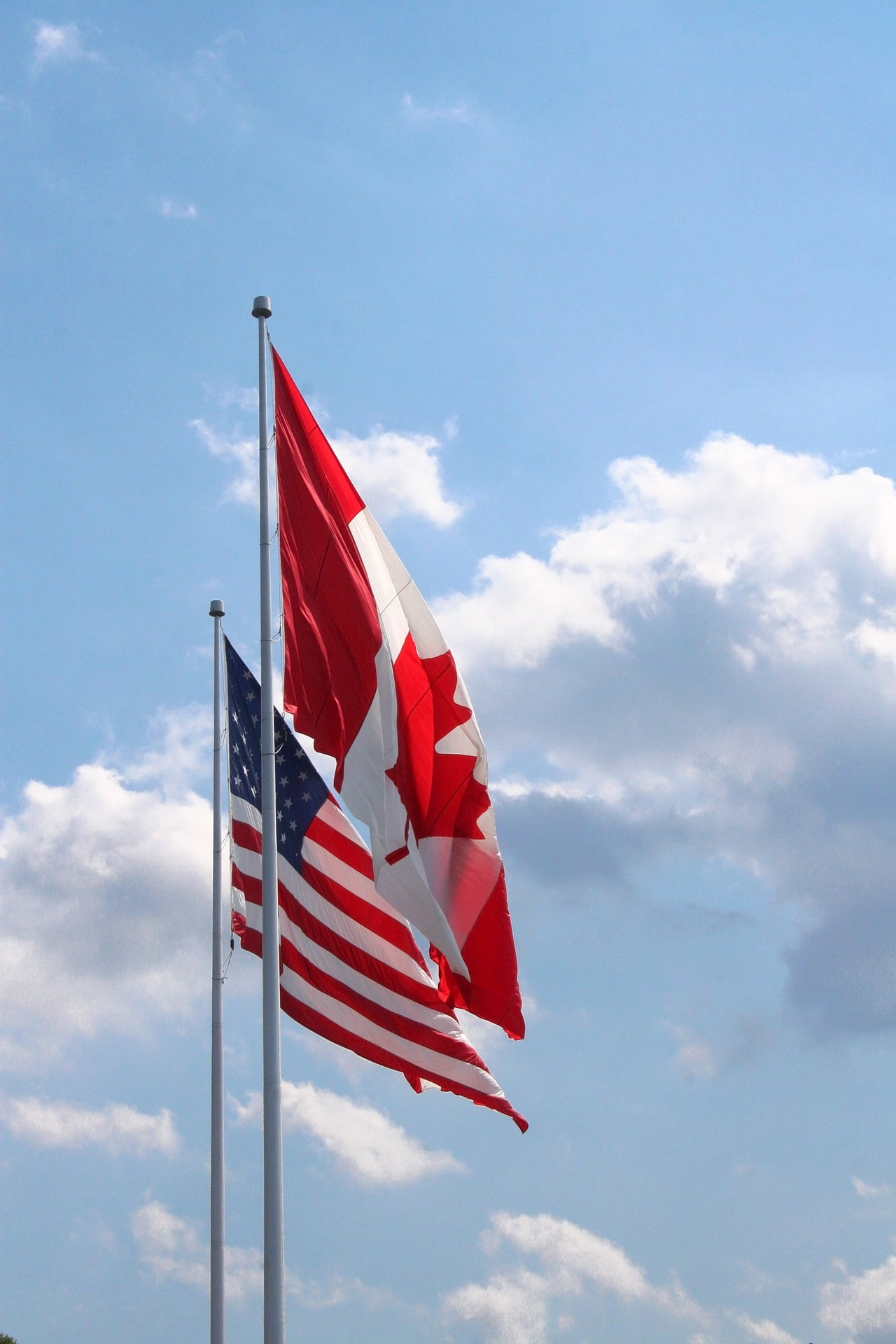Often touted as the 51st state, Canada has always been the friendly northern neighbor to those in the USA. While the two countries share a border, a language, and many cultural similarities, Canada is not part of the US. It has its own set of rules, customs, and unique characteristics that make it a fascinating destination for American visitors. In the following article, we will cover a list of important things Americans should keep in mind while visiting the Great White North. These tips will ensure a smoother and more enjoyable experience while exploring Canada.
1) You Must Have a Passport
As mentioned earlier, Canada is NOT part of the USA, so you will need your American passport to get through customs and over the border. Whether you’re flying into a Canadian city or driving across one of the many land borders, proper identification is required. It’s important to double-check that your passport is up to date before making any travel plans. While some Americans living near the border may recall times when crossing into Canada was more relaxed, security has become much stricter, especially post-9/11. Even for short trips, having a valid passport is essential.
2) You Can Bring Your Dog, But Not Produce
One of the most important things to understand when traveling internationally is that every country has restrictions on what you can bring across the border. This includes Canada, which takes particular care to prevent certain agricultural products, like fruits and vegetables, from entering the country. Many Americans unknowingly bring produce or other restricted items in their luggage, which can lead to fines or confiscation. Moreover, many make the mistake of carrying firearms across the border, which are heavily restricted in Canada. Firearms regulations differ significantly between the US and Canada, and it’s crucial to leave your guns at home. However, you can bring your dog, provided that they have the proper paperwork. Canada is quite pet-friendly, and as long as your dog is vaccinated and healthy, they should have no trouble crossing the border.
3) Your US Driver’s License is Valid
Driving in Canada is very similar to driving in the US, which is great news for Americans wanting to explore the vast landscapes and scenic highways. Thankfully, your US driver’s license is valid throughout the country, so there’s no need to apply for any special permits. That said, it’s essential to note a few key differences in driving regulations. For instance, smoking in a vehicle with minors present is prohibited, which may be a new law for some American drivers. Additionally, all provinces enforce strict distracted driving laws, so it’s illegal to use a handheld phone while driving. Keep your eyes on the road and avoid distractions, as fines for these offenses can be quite steep.
4) You Cannot Use US Currency Everywhere
While Canada is geographically close to the US, you cannot rely on using American currency everywhere you go. Although there was a time when the Canadian dollar was stronger than the US dollar, the value has since fluctuated. Today, many Canadian businesses may not accept US currency, or if they do, they often won’t give you a favorable exchange rate. In most cases, stores will accept US dollars at a 1:1 value with the Canadian dollar, which isn’t ideal for American travelers hoping to take advantage of the exchange rate. It’s wise to exchange your money at a currency exchange or use credit cards that don’t charge foreign transaction fees.
Additionally, if you’re staying for an extended period or want extra peace of mind, consider looking into GMS visitor insurance plans to cover any unexpected medical expenses during your stay in Canada.
There are more tips to read on TripSavvy’s website, and we think they’re super useful for anyone planning a visit. By following these essential guidelines, Americans in Canada can make the most of their time in this beautiful country.
